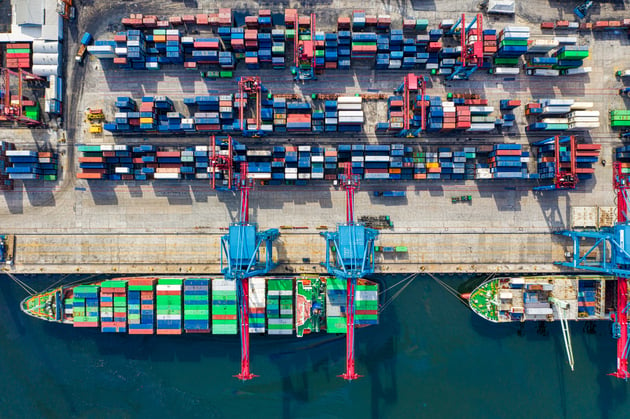Eliminating Multiple Views of Truth in Commercial Relationships
Deciding what data to trust costs big industry hundreds of millions of dollars a year. In any transaction, sellers that deliver products or services use their own measurements to generate invoices. On the other side, buyers want to ensure that they only pay for the product or services that are truly delivered, not purported to have been delivered.
When the data on both sides match, invoices are paid easily without dispute. In a perfect world, the data would always match but what happens when discrepancies occur?
There are a number of areas that account for such variability:
- Multiple Measurements
Hardened by distrust, most buyers and sellers doubt the veracity of the other parties’ data. Therefore, counterparties often measure for the same exact data yielding multiple measurements. If both sides round estimates up or down, or harvest different numbers based on information streams, the result is invoicing that doesn’t match one side’s delivery or service record. - Bad Data In, Bad Data Out
Even with efficient processes, without accurate, verifiable and high-quality data, counterparties cannot achieve the results they desire. This is where instances of manipulation occur most leading to mismatched transactions that exacerbate reconciliation and payment timelines. - Contract Leakage
Whether deliberate or innocent, contract leakage - more maliciously referred to as fraud - costs companies massive amounts of money. This persistent and, unfortunately, pervasive industry practices can be eradicated by using a third-party source to supply trust and act as an honest broker. - Internal Processes
Many companies build processes intended to protect their own interests. Often, these deeply ingrained procedures do more harm than good preventing a company from tapping the most knowledgeable source: operational field data. Those that instead opt for multiple touches on manual field tickets, the further disconnected the information becomes from its source and like a game of bad telephone, can lead to a mismatched transaction. - Ticketing
An anachronistic and mostly irrelevant practice with today’s technology, field ticketing's reason for being is to generate an invoice. Using paper tickets is a disaster waiting to happen as they can be lost or misread and while upgrading to an electronic digital ticketing system is a step toward progress, they still require numerous human touches.
What are companies to do amid an environment burdened by so many variables that feed contentious dispute and reconciliation processes? The answer: move to technology to solve for trust in real-time across commercial transactions.
Efficiency Realized
Similar to pumping gas at a gas station where one swipes a credit card, pumps gas into their vehicle and the transaction occurs in real time; where the individual pays for the amount of gas pumped on the spot, this type of efficiency is not only possible but the technology exists now to easily make it a reality.
How it works is that buyers and sellers have contracts between them to govern their transactions. These contracts that contain commercial terms can be converted into smart contracts, which is essentially computer code that then connects to electronic measurements in the field. Using deliveries as triggers to execute built-in payment terms, transactions can be automated just like the gas station scenario described above based on price, volume, quality and payment terms.
Distributed Ledger-Backed Truth
Taking it a step or two beyond automated payments to providing trust in complex contract performance data, that’s where distributed ledger technology comes in. Distributed ledger technology can grab data directly from the field using the industrial internet of things (IIoT) data. This data provides accurate and verifiable information and distributes an immutable record of the information to all parties to the transaction. A single source of truth.
As an uneditable audit both for immediate payment and for any future audit, a distributed ledger’s record guarantees transactional certainty and disallows either party to unilaterally alter data solving for the multiple views of truth prevalent in business relationships today.
Edited October 18, 2022


